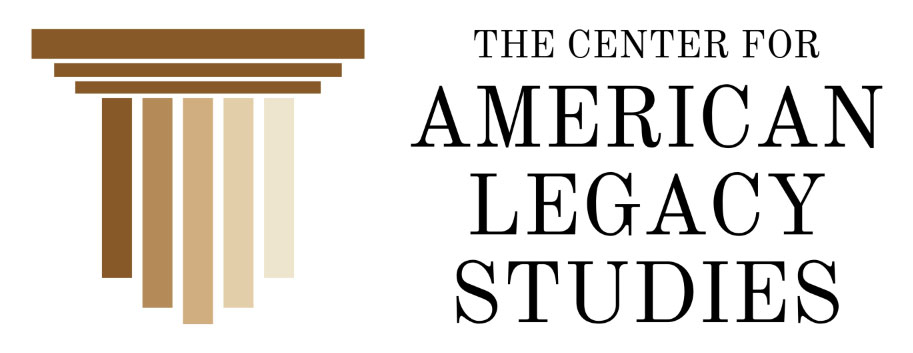 I was recently asked if I was happy with the changes in Utah State government (6 more Republicans in the House and 1 more in the Senate).
I was recently asked if I was happy with the changes in Utah State government (6 more Republicans in the House and 1 more in the Senate).
“What changes?” I asked.
“You know, the legislature is more conservative now.”
“Really? When did that happen?” I inquired.
“I only see a changing of the guard,” I continued, “new representatives making many of the same old promises that nearly always get forgotten or reneged on. We don’t know if these new officials are going to make any positive changes or not until they have been in office long enough to prove themselves.
“Until then, (and maybe never), we will have no change.”
He squinted his eyes and stared at me as if I was speaking in code.
I pressed further, “Who is going to make sure they follow through on their promises? Who is going to call-them-out on bad decisions as they enact them, instead of waiting as usual for the damage to be noticeable to even non-observers after a three-term run of damaging behavior and failed campaign pledges?”
“Until and unless we change our behavior as citizens, no changes will likely occur except the changing of the names of the people holding office.”
My friend just looked away, oblivious to any meaning I was trying to convey.
This is more and more evident every time I reread The 5,000 Year Leap (affiliate link), or the writings of Jefferson, Adams, Tocqueville or review our founding documents—until We the People seriously and permanently assume our role as jealous protectors of our unalienable rights and actively engage in fulfilling our unalienable duties, we have no reason to expect positive pro-liberty change.
This of course would require American citizens to make some lifestyle changes of their own . . . don’t hold your breath.
But then there are my students and many others. Citizens who do care enough to learn what our unalienable rights and duties are and how to exercise them.
Thank you for doing your duty. Thank you for caring enough for future generations to take responsibility for your liberty and vouchsafe theirs.
The Bible says that you can’t pour new wine into old bottles. Neither can we expect old methods to produce different results.
We must learn how the founders established sound government founded in natural law and then reapply the original principles in new ways to refresh liberty.
If you care about liberty and if you are looking for ways to be a better citizen and even make a difference and a real change, here are a few recommendations:
Spend just one hour a day reading what I call New American Founder™ type material. A few examples are:
- The 5,000 Year Leap, Skousen
- An Education for Our Time, Bunting
- The Roots of American Order, Kirk
- The Revolutionary Writings of John Adams, Liberty Fund
- 1776, McCullough
- The American Classics Series (Jefferson, Washington, Franklin), nccs.net
- The Federalist Papers, Madison, et al
- The Anti-Federalist Papers
- Democracy in America, Tocqueville
Invite one or two couples over for a meal and assign a small reading (no more than 5 or 6 pages) for dinner discussion.
Consider attending your local city council meetings for a few months consecutively (it will only have the desired effect if you are consistent).
Develop a family study program around local, state and national government. Teach your children the principles of government as it is happening on a daily basis—not in a static, disconnected manner.
Consider running for a local office and plan to only serve one term.
Find new ways to volunteer in your community, preferable outside of your own religion.
Learn a new language.
Watch less TV and play more with your kids.
Court your spouse.
Yes, we need change. Only God knows how much change we need if we are to live in the Republic the founders designed for us.
But the kind of change we have been hearing about for some time now (Obama change and conservative change) is nothing more than the same old thing—more and more government and less and less liberty.
I am in agreement with many of the Founders; regardless where we are, things can always be improved with the application of sound governmental principles.
But before we can apply them we must take the time and exert the effort to learn them.
